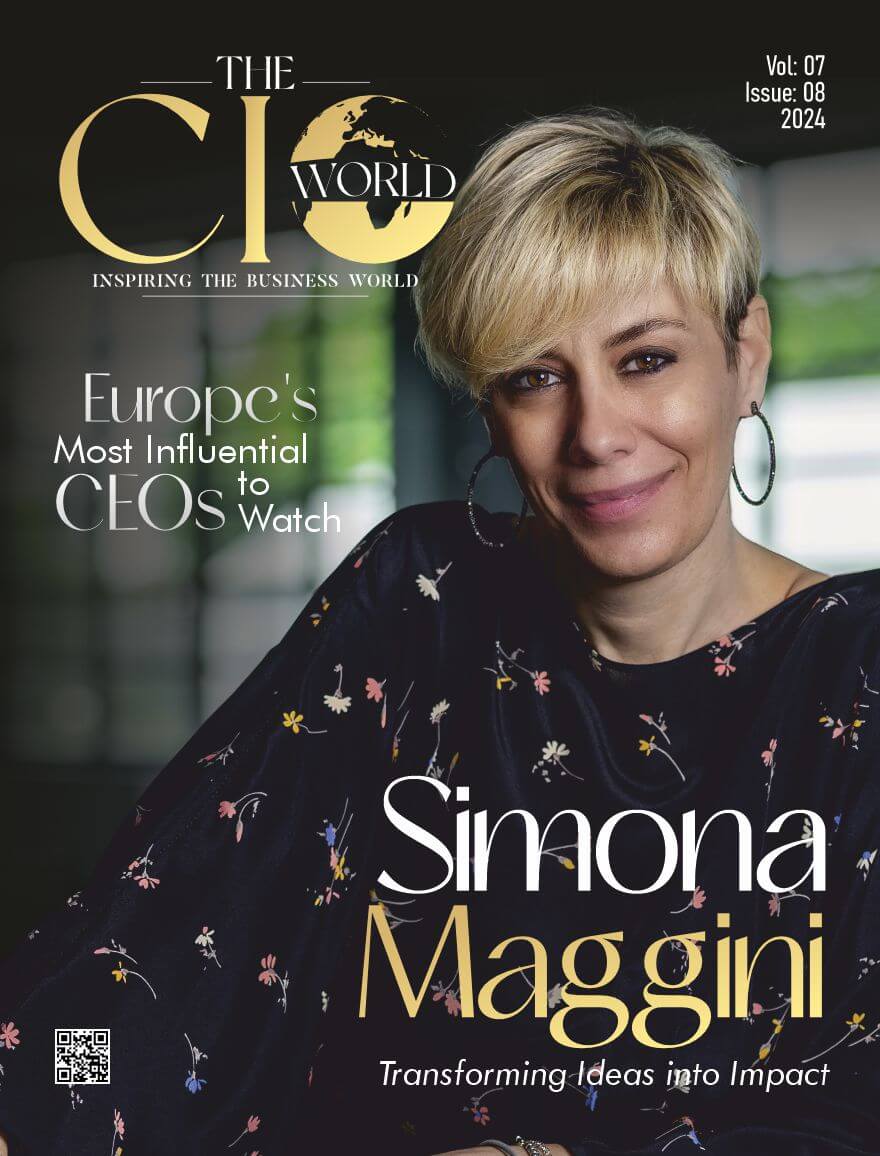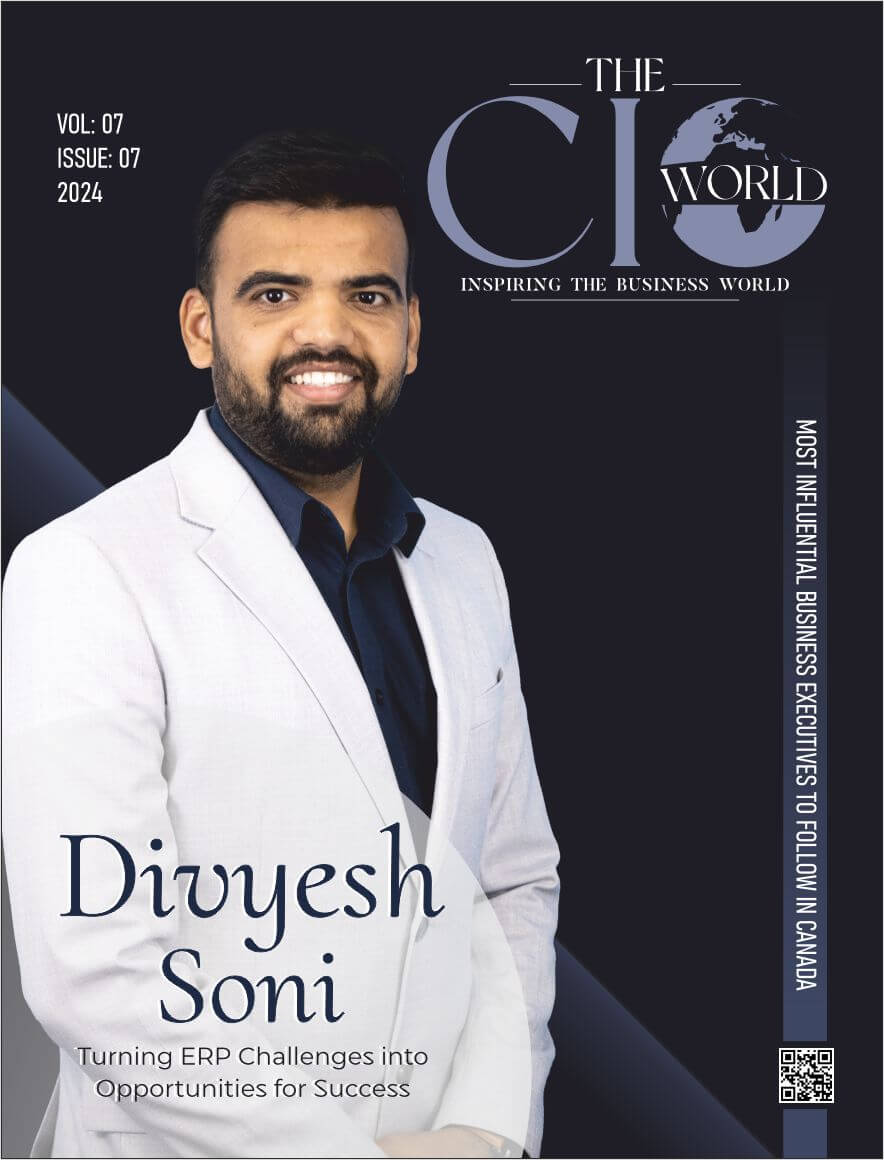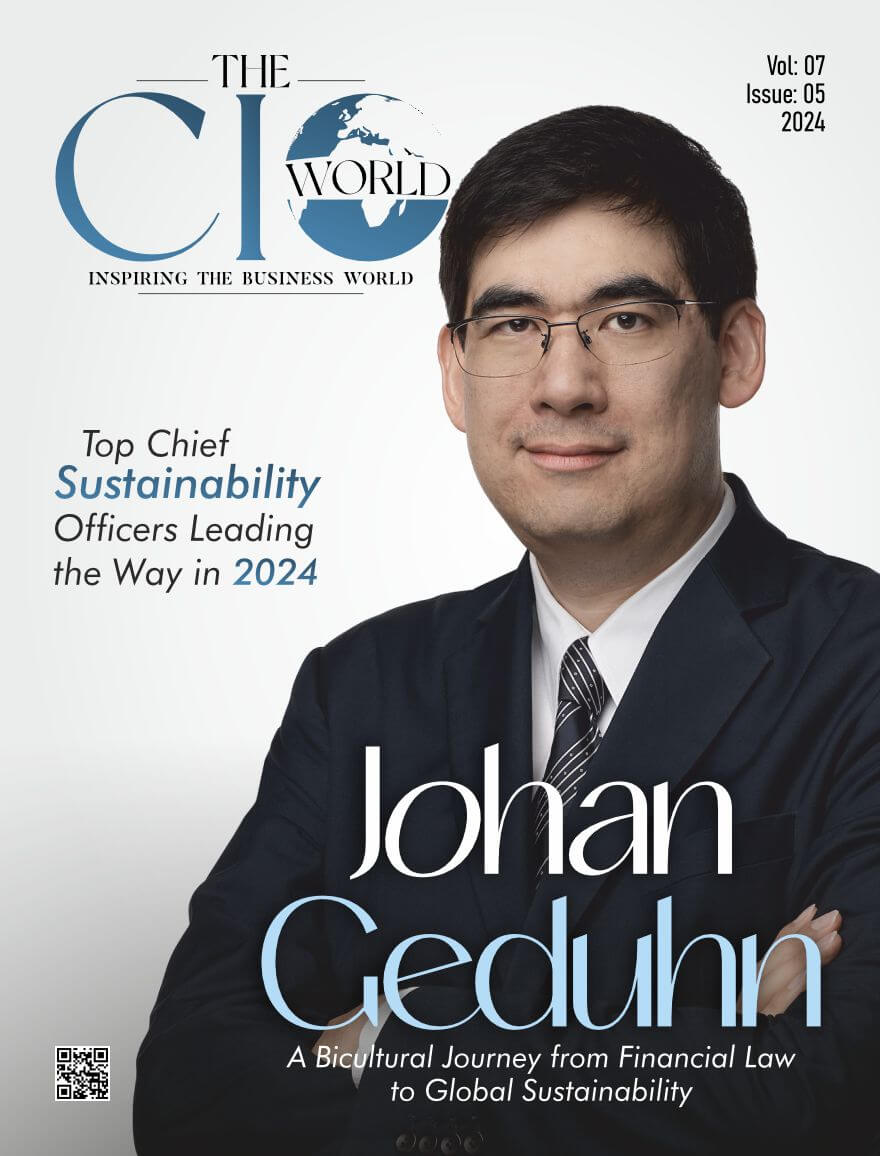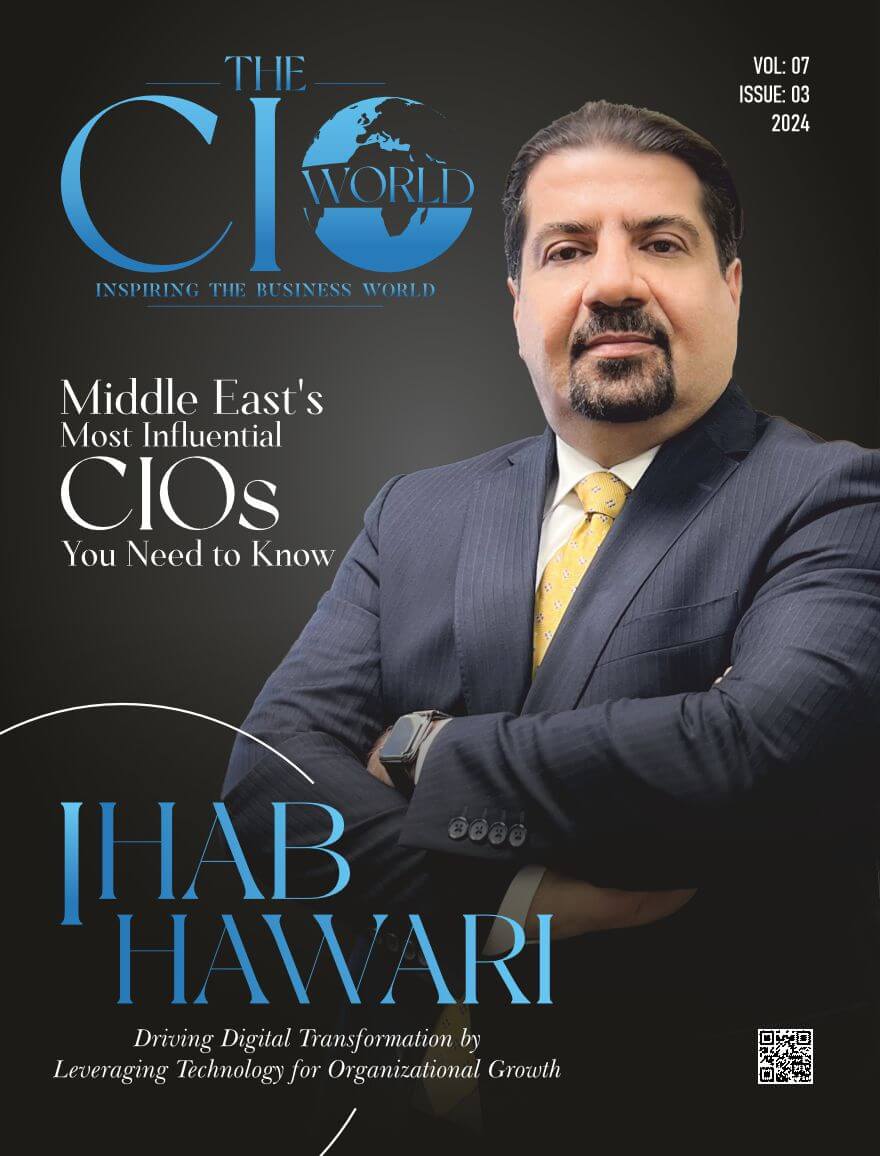Rise to the Challenge of Bringing Better Treatments and Helping Mankind.
It’s a brave new world of cancer!
You see it everywhere: in the news, on your social media feed, and in your friends’ lives. If you’re not careful, you could become collateral damage-and you might even miss out on the incredible advancements that are happening right now to help treat cancer and make sure that those who are sick can get the care they need.
We understand that there are numerous approaches to the challenge of improving cancer treatments and assisting humanity. But one thing is certain: if we are to effect change and ensure that people with cancer have access to better treatments, we must first ensure that better treatments become available and that everyone understands what the right treatments from the right doctors are.
In order to improve upon the currently available treatments, Dr. Mark L. Levitt, MD, Ph.D., established Levitt Oncology Associates Ltd. to help advance new treatments in their development and speed the availability of such treatments to patients in need.
He is a man of science with a passion for helping others. He was driven to make a difference in the world and to help those with cancer by making sure that cancer therapy research and development would advance and provide new and better treatment options.
Mark was determined to be a leader in cancer research and treatments, and he was inspired by the advances being made in the medical field. He dedicated himself to finding ways to improve the treatments available to cancer patients and to make sure that those suffering from the disease could benefit from the best possible treatments, as current therapeutic options leave much to be desired and also come with a great cost in toxicity for the patient.
Mark’s hard work and dedication have made an impact in the fight against cancer. He has both performed research and advised numerous companies to help develop treatments that provide more effective and compassionate care for those suffering from cancer.
Mark’s dedication and commitment have been an example of how a single person can make a positive difference in the world and have inspired many other individuals to continue the fight against cancer and to make sure those suffering from the disease can access the best treatments available, making him a beacon of hope in the fight against cancer.
As we illuminate Dr. Levitt’s accomplishments and discover how his ambition is changing lives, let’s comprehend his remarkable path.
From College Dream to Oncology Research Leadership: A Journey to Help Mankind
When asked about his career path and how his passion for helping people helped him become a great oncologist, Mark said, “I decided that I wanted to be an oncologist when I was still in college because cancer was the leading cause of morbidity and mortality among diseases, and I wanted to dedicate my life to helping mankind.”
He decided to devote his career to research in order to create new treatments for cancer patients after realizing that the available options—all chemotherapy at the time—were insufficient and extremely hazardous.
He completed an MD-PhD program and an internal medicine residency. These steps brought him to the NIH, and a fellowship in medical oncology, beginning his career as a lung cancer researcher.
After completing his education, he obtained a post at the University of Pittsburgh and continued his research at Allegheny University as a member of the first generation of translational cancer researchers with a foot in the lab and a foot in the clinic. He rose to prominence in his field in the US and later realized a longstanding ambition by returning his family to Israel after two millennia in the Diaspora. He continued his academic career at the Sheba Medical Center, one of the top ten hospitals in the world, while also serving as an adjunct professor at the University of Pittsburgh for a number of years.
He started his transition to the industry during that period with a number of start-ups, followed by a term at Teva Pharmaceuticals as the company’s Head of Oncology in the Global Business Development division. He established Levitt Oncology Associates, Ltd. in 2013 to provide consultancy services for drug development from target identification to clinical development. Thus, to realize his aim of providing cancer patients with improved medicines, he now aids numerous businesses engaged in all facets of cancer drug development.
Leveraging Experience to Advance Cancer Treatments
In order to support start-ups and small companies in clinical development, business development, and strategy, Levitt Oncology Associates, Ltd. was established in 2013 using the enormous experience that Mark had acquired in academic and biopharmaceutic oncology. However, in a short period of time, the focus widened to include preclinical development, target discovery, NASDAQ-listed companies, and, occasionally, Big Pharma.
Geographically speaking, his initial objective was to support the development of oncology-focused biotechnology in Israel, but Levitt Oncology currently serves clients all over the world. The major objective is still to contribute to the creation of better cancer treatments.
Since Levitt Oncology’s beginning, he has served as its owner and CEO and has taken on nearly all of the projects himself because most of his clients specifically request him for the contract that has been agreed upon.
Transforming Oncology Care Through Promising Projects – Taking Risks and Embracing Change
Mark thinks the secret lies in how to approach promising projects. He discovered that in order to advance in the treatment of disease, one must be able to see the biology of a disease and the clinical disease entity as one coherent process. He learned this as a first-generation translational oncology physician. The “facts” of today shouldn’t be taken too seriously, though, because many of them will be replaced by new “facts” tomorrow.
As science advances and is able to delve deeper into the biology of disease, new understandings will enable the creation of new and improved therapies. Of course, in order to benefit from fresh information, one needs to maintain an open mind and be willing to examine ideas that are not necessarily popular right now.
The ability to be contrarian and take big risks is frequently required for identifying and developing potentially disruptive technology. Science advances through quantum leaps, with less creative research filling in the finer details between each leap. He believes that Levitt Oncology is well-positioned to take advantage of this philosophy, given his background, which includes substantial experience working as an oncologist and cancer researcher in university and biopharma settings. Moreover, the ability to constantly reinvent oneself and one’s business is essential for remaining at the forefront of innovation.
Navigating the Oncology Landscape with Cutting-edge Technology
Navigating the oncology landscape can be a complex and daunting task. With the help of cutting-edge technology, oncologists can stay ahead of the curve and stay informed about the latest treatments, therapies, and clinical trials. From cloud computing and telecommunication platforms to advanced databases, oncologists can make use of the latest advancements in technology to stay up to date on the most effective treatments and to give their patients the best care possible.
By leveraging the most innovative and cutting-edge technologies, one can stay ahead of the curve and make sure to have the best chance of developing successful, life-saving treatments for patients. Mark says, “The trick is not having the trendiest technology but getting involved with companies that are working on novel technologies of the future, forcing me out of my comfort zone and keeping my skills at the cutting edge.”
Unraveling the Complexities of Biotech/ Biopharma
The biotech/biopharma sector is quite intriguing. Development takes years, and the results are far less guaranteed than with high-tech. In order to succeed in this field, several challenging issues must be resolved. For instance, corporate executives and scientists/clinicians may have different perspectives on the company’s objectives and frequently don’t fully comprehend one another (even if they think they do). Even worse are instances in which business people mistakenly believe themselves to be scientists or vice versa.
A person with exceptional talent in both fields is uncommon. Although there are numerous aspects that influence success, not all of them are within one’s control. He is always surprised to find the attitude that a well-run business is the first priority, ahead of science. While it is true that an administratively and financially sound company is crucial to the success of a product, it is even more crucial that the research is sound, supports the product’s disruptive potential, and is emphasized throughout the drug’s development. While a product with solid scientific backing can succeed even under inadequate corporate management, even the best administration cannot overcome a product that does not work.
The recent COVID-19 pandemic, in his opinion, was instructive because a large portion of the governmental leadership followed their preconceived notions of what would work, and as a result, they have few drugs that are actually very effective despite enormous efforts and hundreds of billions of dollars invested. He calls this phenomenon the “Lemming effect,” inferring people would rather fail conventionally than take chances going against conventional wisdom to succeed simply because it is safer to follow the crowd from a career perspective. He stated that following the herd never results in a quantum leap forward. This means exploiting strong and novel science with rigorous scientific discipline to bring true improvements in the treatment of disease.
Balancing Idealism and Realities of Business for a Higher Purpose
The biotech and biopharma space is constantly in a state of flux, evolving faster than a speeding bullet. Keeping up with the latest technologies and science can be a daunting task, but it’s not the only challenge. The varied needs of clients also pose a problem, as the requirements of the job are ever-changing, and the expectations are constantly rising. This has forced him to stay on his toes, always looking for the next big opportunity and continually re-inventing his career. He says, “It’s a thrilling but challenging ride, but ultimately, it’s a journey I wouldn’t trade for anything else.”
Juggling the complex needs of biotech and biopharma clients while staying true to his idealism has been a constant challenge for Dr. Mark Levitt. Working in a rapidly evolving field and striving to find a balance between the financial bottom line and serving as a force for good has been no small feat. But as he has come to a realization, the drive to cure those diseases with the direst consequences can also be a source of financial reward for investors and companies. Throughout years of pushing himself out of his comfort zone and re-inventing his career, he has remained determined to stay focused on helping others—no matter the cost.
He says, “For me, the trick is never to lose sight that helping others is the primary driver—not the money.” In recent years, we have seen in oncology that those new therapies that offer the most benefit to patients are the ones that become mega-blockbusters, substantiating the philosophy that helping others by developing better treatments is, in the end, a win-win for all of the stakeholders.
Revolutionizing Oncology Care
For the last decade, Dr. Mark Levitt has been a driving force in the pharmaceutical industry, launching groundbreaking research projects and developing new treatments. Now, he’s looking ahead, establishing a fund to support early-stage oncology projects that may be high-risk but could lead to disruptive technology. His clients range from the United States to Israel, Australia, and beyond. He’s on an ambitious mission to change the field of oncology. With these cutting-edge investments, he hopes to bring the therapies of the future to those in need while also propelling further progress in the fight against cancer.







